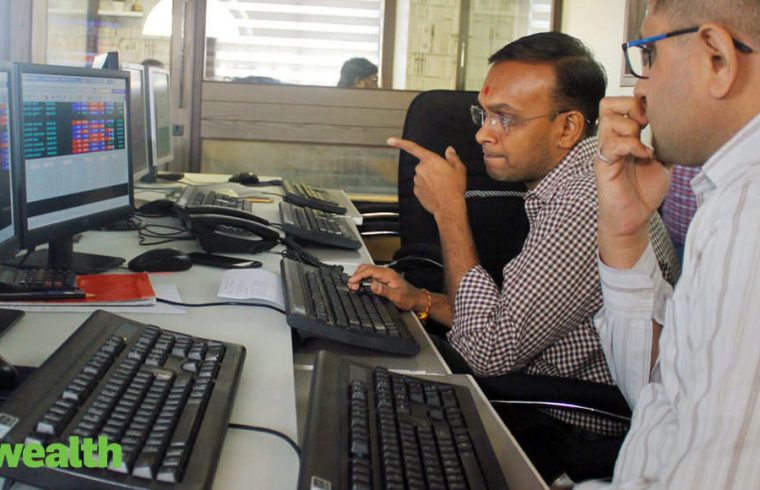
Sensex is testing the nerves of many mutual fund investors these days. Many of them have been complaining to their advisors that they simply can’t make sense of the Sensex movements. They crib that when they started believing that the market is on an upward trend after a smart recovery last month, the market bellwether started going down again. When they gave up on the key index, it started inching up again. The Sensex-watchers are tired.
Sensex or S&P BSE Sensex is the benchmark index of Bombay Stock Exchange or BSE. The index comprises 30 largest and most actively-traded stocks on BSE. Most analysts track this index to find out the performance of the stock market. That is why Sensex is also called the market barometer and bellwether, among other things.
Sure, mutual fund investors can keep track of Sensex to know the direction of the market. But is it a must to keep track of the daily movement of the key stock market index? Does it offer any firm clues about your mutual fund investments?
Though it is useful to keep track of the market movement, one need not be obsessive about it. Other than the broad market direction, a key index tells you precious little. Most of your investments would be benchmarked to other indices. For example, ICICI Prudential Bluechip Fund, the largest actively-managed large cap fund by assets, is benchmarked against Nifty 100 TRI. Similarly, HDFC Mid-Cap Opportunities Fund, the largest actively-managed mid cap fund, is benchmarked against Nifty Midcap 100 TRI. Nippon India Small Cap Fund, the largest small cap fund, is benchmarked against S&P BSE Small Cap TRI. The point is Sensex-spotting will not give you an accurate picture of the performance of your scheme.
Also, comparing the performance of your scheme against Sensex would be a big mistake. As you may know, many mutual fund schemes are not benchmarked against Sensex, especially categories like mid cap, small cap, value, and so on. So, expecting these categories to perform in line with Sensex would be a big mistake. Basing any investment decision on the basis of this would be a big mistake. Always look at the performance of the real benchmark index of your scheme to assess its performance.
Many obsessive Sensex-watchers actually use it as a tool for feeling good or bad about the economy, governance, stock market. Though the stock market is considered the barometer of the economy, it need not reflect the realities on a real-time basis. The market is always ahead of the news. Sometimes, it may discount a particular news, and place extra emphasis on another one. And the judgement need not always be right. If it is wrong, there would be a course correction. That is the reason why some bets are lost and some others won in the market.
Finally, it is not imperative to keep track of the movement of Sensex if you are investing in equity mutual fund schemes. You can keep track of the index if you like to be stay updated on things around you, but do not base your investment decision on the movement of Sensex.







